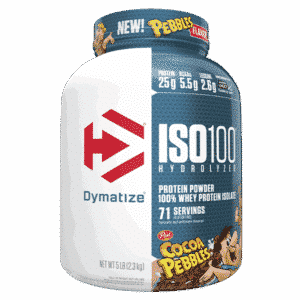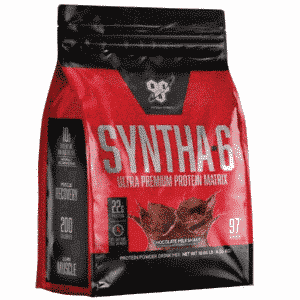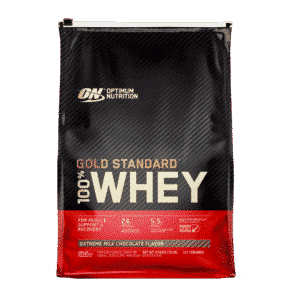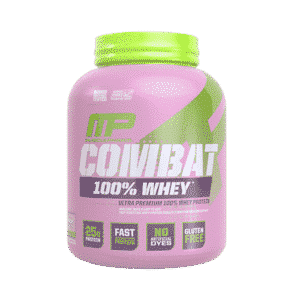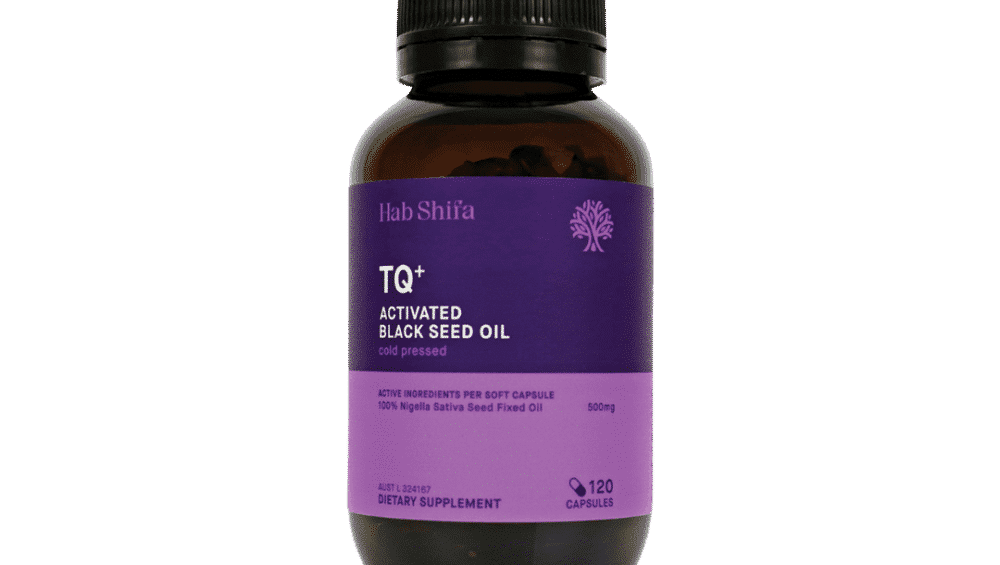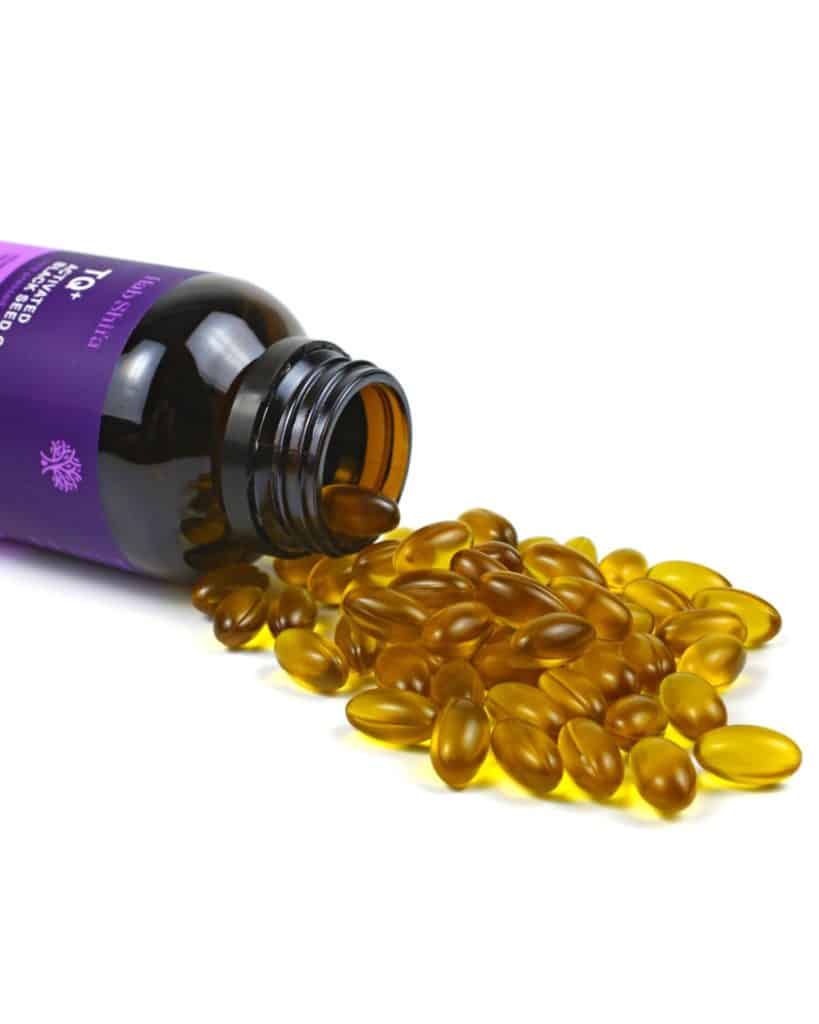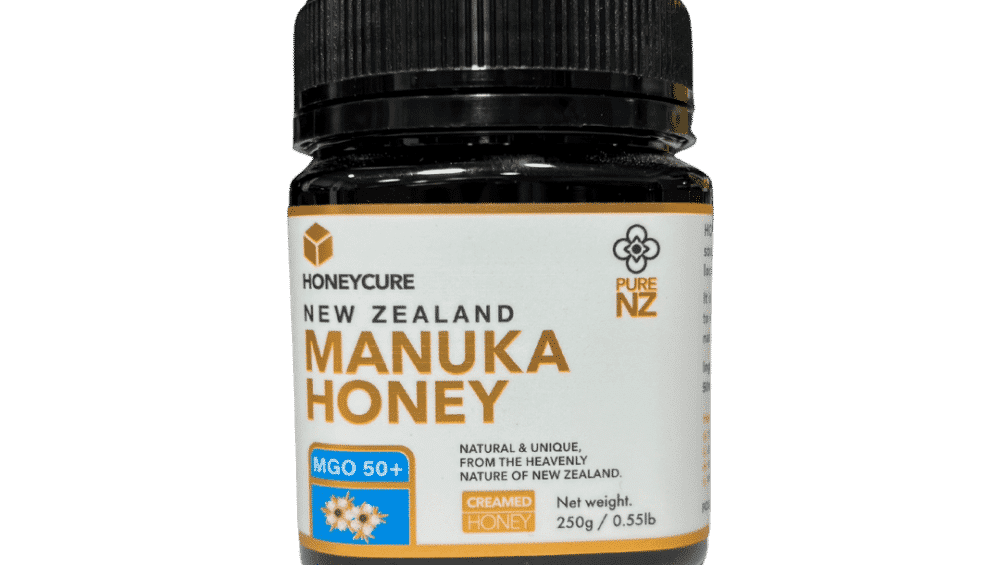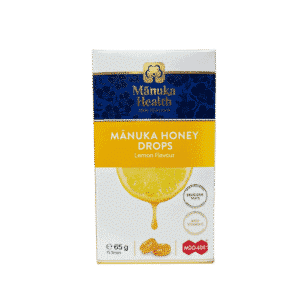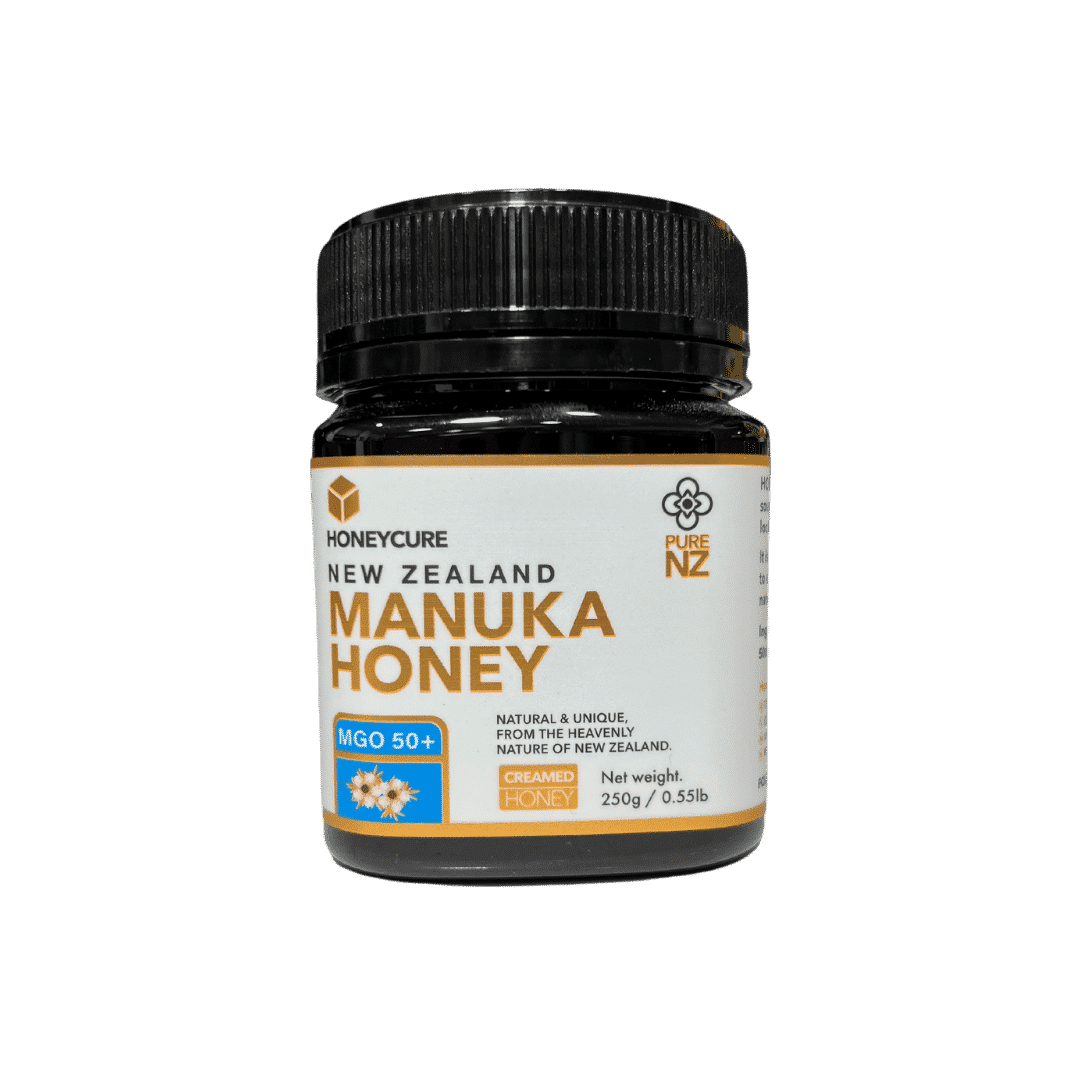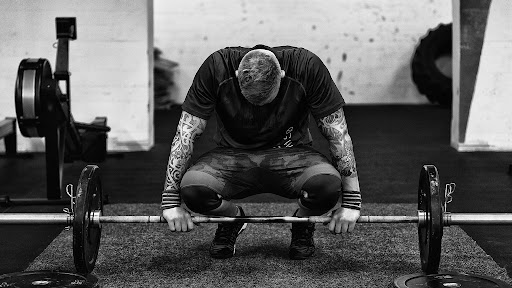How to Lose Weight While Gaining Muscle 101
How to Lose Weight While Gaining Muscle 101
Male-oriented bodybuilding and fitness materials frequently state that you must bulk up in order to increase muscle tissue. However, many women and a good number of men have no desire to see their weight increase while growing lean mass!
Yes, while burning fat, it is possible to “recompose,” or grow muscle. However, it is, to put it mildly, tough! You must provide your body with sufficient calories in the form of protein, carbohydrates, and fats to support muscle building, dialling in each macronutrient to encourage your body to burn fat. However, diet alone is insufficient. To enhance results, you should also incorporate resistance training and high-intensity cardio into your routine.
Here are my most effective approaches for balancing muscle growth and fat loss.
Both muscle growth and fat loss require protein–even more so when done concurrently! Aim for 1 g of protein per pound of body weight everyday, and use protein shakes to assist you.
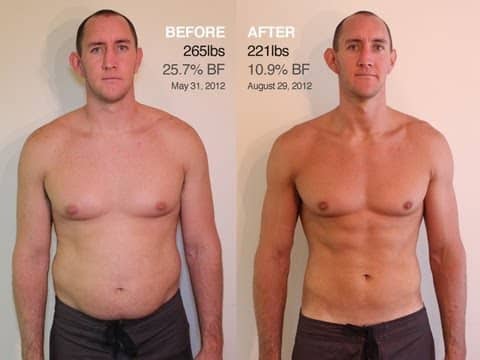
How to Lose Weight While Gaining Muscle 101
1. Consume A Sufficient Amount Of Calories
To tread the delicate line between muscle growth and fat loss, it’s critical to identify your calorie “sweet spot.” You must consume enough calories to fuel muscular growth while also stimulating fat release from storage.
How to lose weight while gaining muscle 101. Bear in mind that you are not on a diet. You’re attempting to grow muscle mass while burning stored fat more efficiently. Someone who works out hard in the gym requires the proper macronutrient balance and sufficient calories to fuel their efforts to build muscle and reduce fat.
2. Increase Your Protein Intake
How to lose weight while gaining muscle 101.Consuming a sufficient amount of protein throughout the day helps prevent your muscle tissue from degradation. When amino acids are present in your system, your body recognises that they do not require the breakdown of muscle tissue to obtain them.
Therefore, do not be scared to advocate for increased protein consumption. How to lose weight while gaining muscle 101. Consider boosting your protein intake to at least 1 gram per pound of body weight on a regular basis. Are you really going for it in the gym, or are you aiming to get truly lean? You may benefit from an additional 1.5 grams or more.

Yup. That is correct. While this may seem excessive, recent study indicates that eating five times the current daily protein recommendation 0. 36 grams of protein per pound of body weight has no harmful effect on body fat stores.
Additionally, a high-protein diet has been demonstrated to increase the amount of calories burned during the day. This results in an increase in calories expended during the digestion, absorption, and distribution of nutrients, a phenomenon referred to as the thermic effect of food.
How to Lose Weight While Gaining Muscle 101
-
Sale!$89.95 – $189.95Select options This product has multiple variants. The options may be chosen on the product page
-
Sale!$74.95 – $229.95Select options This product has multiple variants. The options may be chosen on the product page
-
Sale!$44.95 – $249.95Select options This product has multiple variants. The options may be chosen on the product page
-
Sale!$54.95 – $129.95Select options This product has multiple variants. The options may be chosen on the product page
3. Reduce Your Carbohydrate Intake
How to lose weight while gaining muscle 101 you were expecting this one, weren’t you? Yes, you must reduce carbohydrate intake not altogether, but to a level where they are efficiently utilised. Consume the majority of your carbs two hours before and immediately following your workout. The remainder of your carbohydrates should come from high-fiber vegetables throughout the day. Vegetables can help you maintain a healthy energy level and will help you avoid hungry.
Aim for 1.5 grams of carbs per pound of body weight throughout the day as a starting point. Of course, this is dependent on the quantity of exercise you undertake in a particular day. Consider lowering your carbohydrate intake to 0.75-1.0 gram per pound on non-training days.
4. Consume Healthy Fats
Too many people make ludicrous attempts to lose body fat by drastically reducing their fat intake.
How to lose weight while gaining muscle 101. Fats are critical for maintaining appropriate cell structure and hormone levels, both of which are required for a muscle-building environment to exist. They also contribute to your feeling of fullness.
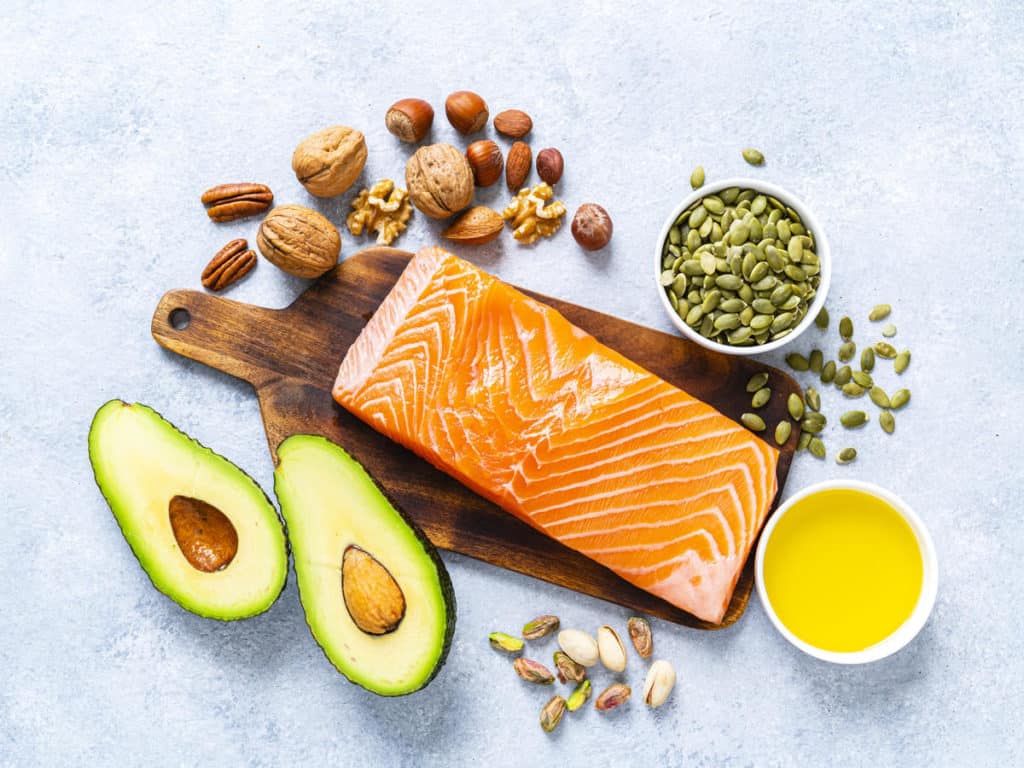
Each day, aim to ingest approximately 0.5 grams of fat for every pound of body weight. Include a variety of sources to benefit from the numerous benefits that diverse types of healthy fats have to offer.
5. Train for Muscle Growth Rather than Fat Loss
How to lose weight while gaining muscle 101 Spending your time doing repetitive circuit training with light weights and high reps is not the ideal way to build muscle. Rather than that, concentrate on including compound activities like squats, deadlifts, presses, and rows. These techniques enable you to raise the most weight and activate the greatest amount of overall muscle mass possible, which is why they should form the cornerstone of any workout. Concentrate on gradually increasing the weight you can utilise while aiming for 5-8 repetitions every set.
You can continue to integrate higher-rep training, but only with a weight that makes it difficult to finish 15-20 reps. Combining intense resistance training with high-repetition training is optimal for muscular building.
6. Cardiovascular Exercise to Burn Fat, Not Calories
How to lose weight while gaining muscle 101. One of the most common mistakes people make while attempting to lose body fat is to engage in prolonged sessions of steady-state cardio. This is effective for burning calories, but it can also put you into a caloric deficit, forcing your body to burn muscle tissue rather than fat.

Rather than that, if you want to achieve a balance of leanness and muscle, I propose high-intensity interval training (HIIT) as your primary cardio. How to lose weight while gaining muscle 101 Why? HIIT has been demonstrated to sustain muscle mass and even improve the utilisation of fat as a fuel source. That is an excellent mix!
HIIT is quite hard on the body, so do not attempt it daily. Conduct 1-3 sessions per week, with a maximum of three. How to lose weight while gaining muscle 101. If you feel as though HIIT is depleting your energy in the weight room, reduce the intensity.


